How Valley changed the name game: the origins of teacher nicknames
PV History teachers Kosch and Jasper explain how teacher nicknames came to be at Valley.
At Pascack Valley, one will rarely hear “Mrs., Mr, or Miss.” It is the Valley norm to refer to teachers by solely their last name, without their formal titles.
“[Nicknames are a] reflection of trust and comfort in the relationship that we could talk about anything, anytime,” Retired PV History teacher Karen Kosch said.
Kosch began working at PV at age 22 in 1985. She said that her students originally addressed her as ‘Miss Kosch,’ but, “I became Kosch.”
“Some way, somehow, upperclassmen started calling me Kosch,” Kosch said. “I know I started to hear the change, and it just morphed.”
According to PV History teacher Jeff Jasper, Kosch was the first teacher to be referred to in this way. Jasper found the last-name basis to be unique, especially from his own, more abstract nicknames.
“Kosch was the first [teacher] that I knew that was not called by a [typical] nickname,” Jasper said. “People had nicknames; I could be called Double J. I [could] be called Dr. J, but she was just called Kosch. And it became like a major sign of respect.”
Kosch could not recall exactly when the shift occurred.
“I can’t pinpoint the very first kid who called me Kosch,” Kosch said. “It just took hold. I was aware of it, but I didn’t think anything of it. It was all good communication. I rolled with it as it happened, and I started to understand it more as it continued to grow.”
Not long after the nickname ‘Kosch’ arose, fellow PV History Teacher Dominic Mingione became known as ‘Minge.’
Jasper believes that receiving a nickname was such a high compliment because both Kosch and Minge had one thing in common: they treated students with great respect.
As time went on, Kenneth Sarajian became ‘Saraj,’ and Jeff Jasper became simply ‘Jasper.’ Over time, last names became the norm for all teachers and even administrators like Puccio, Gallione, and Petaccia (widely known as ‘Tash’).
“When I started to be called Jasper, which just kind of evolved, it became [a sign of] great respect because that was how it was with both Kosch and Minge because they treated students with both love and respect, and then they got the same thing back,” Jasper said.
Kosch believes that, “Things just happen, and they happen from the kids.”
Despite the opinions of some parents who question the students’ use of last-names to address teachers, Kosch found the nickname to be a “term of endearment.” She recalls a class where a parent came in and told her the nickname was terrible and disrespectful.
“Honestly, [to me,] it was a sign of respect,” Kosch said.
Jasper remembers being at an eighth grade orientation in the early 90s with Kosch. At the time, she was the Student Council Advisor and Jasper was there as a speaker. They were both introduced by just their last names: Kosch and Jasper. Jasper recalls that there was a slight negative murmur from some people in the room. That was his first time seeing it received negatively in a public setting. Contrarily, Jasper sees a beauty in teacher nicknames.
“I think it’s a beautiful part of our culture. I’ve always felt that there’s no one using anybody’s last name as a slight or in any rudeness… It’s a beautiful piece of casual greeting—very genuine, very sincere, and very warm,” Jasper said. “It makes my day when I walk into the building in the morning and somebody yells ‘Jasper, good to see you.’ It’s a beautiful force.”
According to Kosch, the nickname culture came from a healthy sense of informality and comfortability between teachers and students at PV.
“[It comes from] informality, but not in a bad way,” Kosch said. “They [students] talk to you because they trust you. [Also,] I’m very informal. I always have to ask students if it is okay to shorten their name. I did that, again, organically.”
When trying to address why the shift started in the History Department, Jasper said he goes back to Kosch and Minge, student advocates who treated their students as “legitimate young adults” and listened deeply. His own three children had both teachers and regard them as their favorites because of these qualities.
“They [Kosch and Minge] were both people who developed relationships. I think that’s the key. That’s always been the key because I do think teaching is all about relationships,” Jasper said. “So you have to develop that trust, and when you develop that trust, in their case, then it just became natural to refer to them as Kosch and Minge.”
When she was teaching, Kosch’s main goal was always to build a warm classroom environment to set students up for success.
“My main mission [as a teacher] was to make every student who walked into my room feel comfortable,” Kosch said. “Then, they could learn so much and achieve so much and feel good about being there.”
Kosch believes that PV shares this warm culture.
“At PV, when you walk into the building, there is a good vibe, a positive feeling, and you feel like you belong,” Kosch said. “That has always been the vibe at PV. There was always a good relationship between teachers and students.”
Although Kosch is not sure she was the first Valley teacher to be given a nickname, she knows that she was in the building, early in her tenure, when it started happening. Kosch believes the development of her nickname specifically may have stemmed from being a young, new teacher who was heavily involved in student life. Kosch was not only a teacher in the classroom but was also a coach for various sports and advised student council classes.
“We were learning together,” Kosch said. “Students knew that I was involved in the life in the school for the whole time I was there. I was like one with them, working towards their goals.”
Both Kosch and Jasper believe that Valley’s ‘nickname culture’ may be different from that of other schools. Kosch recalls meeting teachers and students from other schools and not hearing about the same style of communication. Kosch recognizes that she can’t speak for other schools, but she felt that they considered nicknames to be a form of “blasphemy and disrespect.”
“I can’t judge [if this is unique] because [PV is] the only school I’ve ever taught at, but I know that we are different,” Jasper said.
Kosch speculated that social media may have increased the popularity of nickname culture by spreading the “informal and comfortability message” in education.
“[Teachers and students are] learning together, and [there is] this idea of not seeing teachers and students as separate,” Kosch said. “We are one, and I learned from them. I think [that concept has] taken hold more from when I started.”
Kosch believes that the department a teacher is in may impact how students address them.
“It could be [based on] the discipline of what they teach and what their personality and persona is like.”
According to Kosch, another factor of the beginnings of nicknames in the History Department may have been the physical layout. She described a big open office where the library stands today, in which many of the classrooms were physically open—they didn’t have a fourth closed in wall. This was due to a concept called ‘the open classroom.’ In the ‘Social Studies Suite,’ Kosch observed that kids felt very “at home” in that area.
“Our big office was always ‘open,’ and students would come in and engage in conversation, whether it was subject related or just about extracurriculars or life in general,” Kosch said. “So, I realize even more how the ‘informal’ set up of the building and our area in particular most likely had a big impact on the evolving ‘last name,’ more ‘informal’ relationship.”
To Kosch, nicknames mean something more than what meets the eye.
“I think it just reflects what is going on in the building everyday. Teachers are looking out for kids, not feeling any better or smarter [than them], and welcoming them into the building and their classrooms,” Kosch said. “That’s where ‘Kosch’ comes from. That’s where last names come from.”
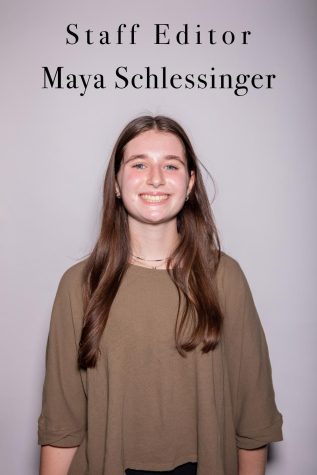
Maya Schlessinger, Pascack Valley senior, is an avid writer of all things PV. Joining the Valley Echo sophomore year, she learned quickly and rose in the...


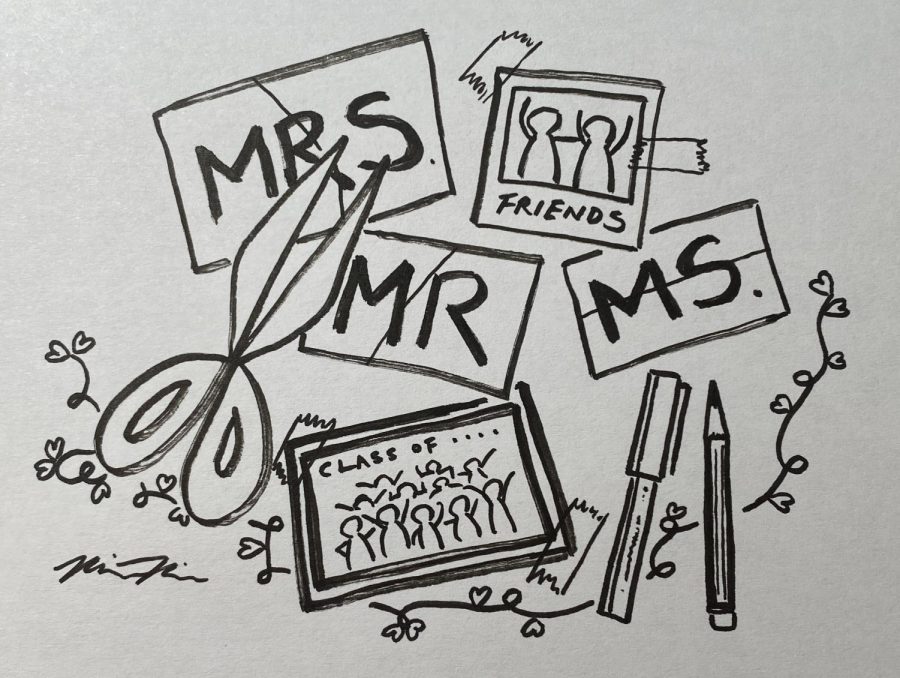
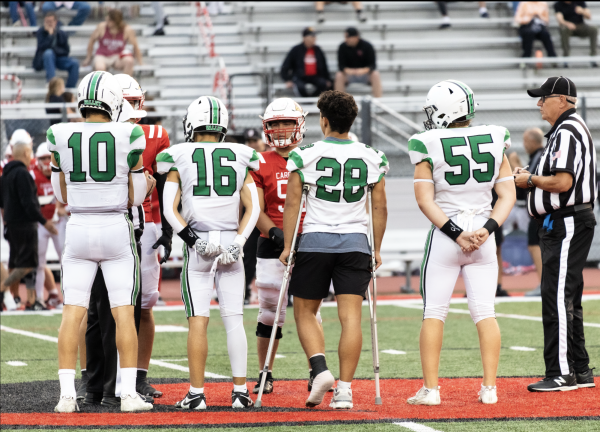
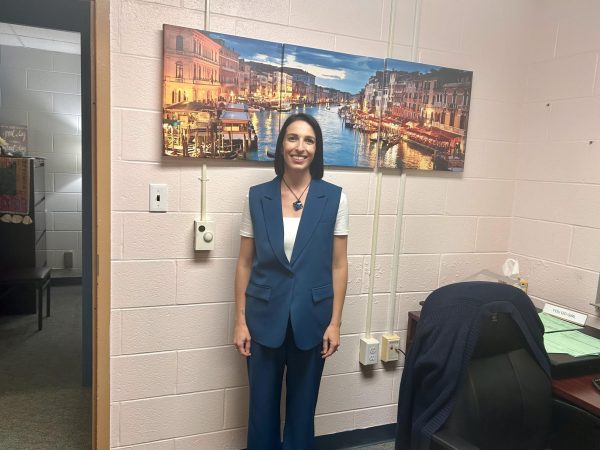
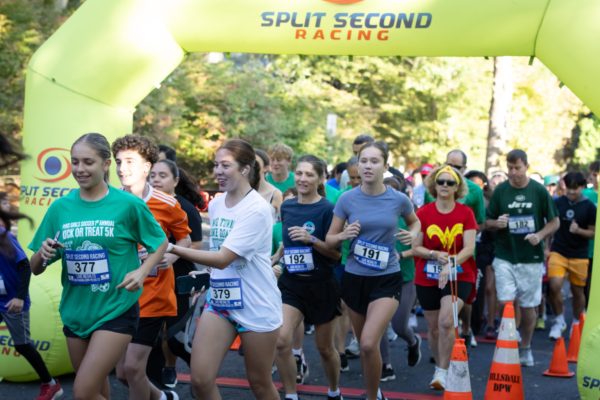
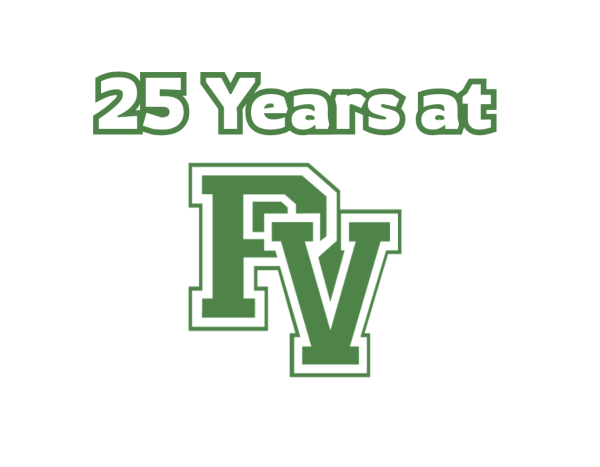
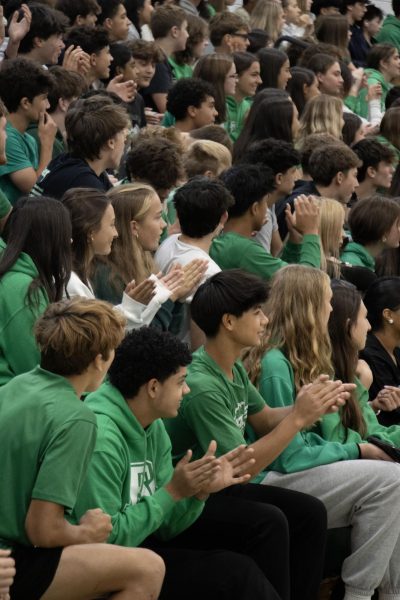
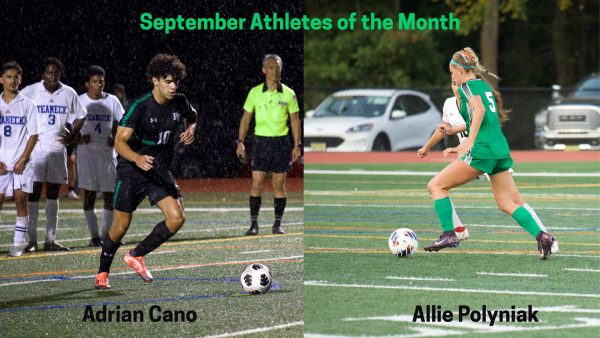
LSL • Feb 8, 2023 at 9:23 pm
Thank you for this story. I had always considered my children’s referring to their teachers by last name, to be a sign of disrespect. I have learned otherwise over the years but this article gives me a new appreciation.